10 Activities Boomers Should Think Twice About Keeping Up as They Get Older
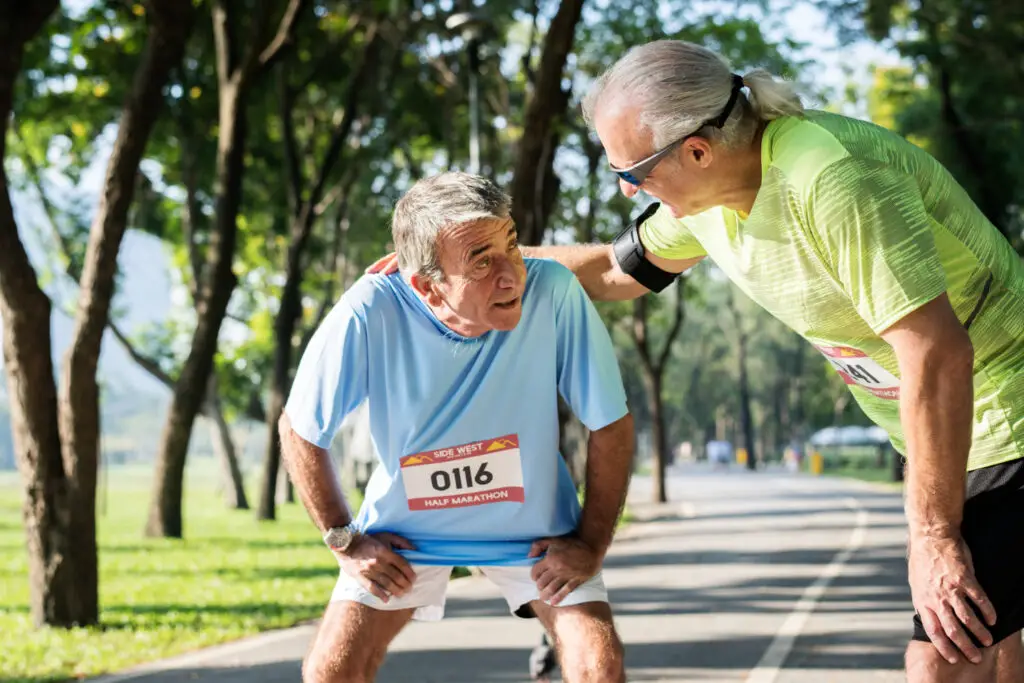
Aging doesn’t mean slowing down to a crawl, but it does mean our bodies and minds have different needs than they did at 30. Many boomers feel younger than ever, and that’s wonderful—but there are some activities worth reconsidering as you rack up more candles on the birthday cake. From the physical risks to hidden health impacts, certain hobbies and habits could put a damper on your golden years if you’re not careful.
Here are 10 activities boomers should think twice about keeping up as they get older, and why making a few tweaks might help you stay healthier, safer, and happier for decades to come.
1. High-Impact Running

There’s nothing like the rush of pounding the pavement, especially if you caught the running bug during the jogging craze of the 70s and 80s. But as time marches on, so do the aches and pains. High-impact running puts serious strain on your knees, hips, and ankles, and aging cartilage and stiffer tendons can turn every step into a potential injury risk. If you love to move, consider switching to lower-impact options like brisk walking, swimming, or elliptical workouts. You’ll still get your heart pumping without punishing your joints.
2. Extreme Sports
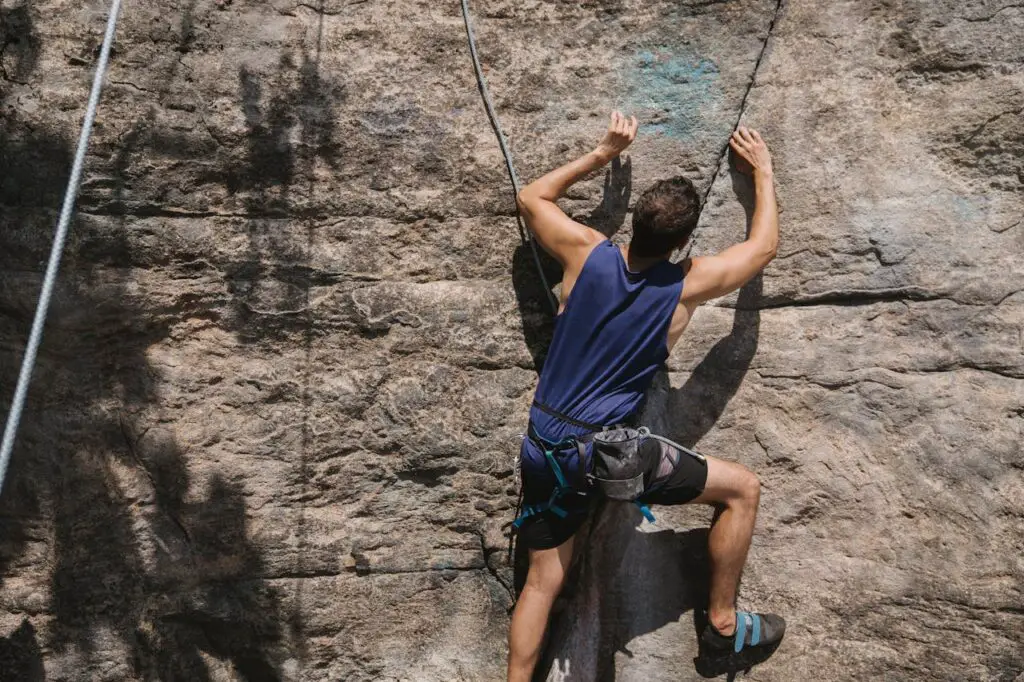
Adventure keeps life exciting, but activities like skydiving, rock climbing, or water-skiing can carry higher risks as you get older. Reflexes slow down, bones lose density, and injuries take longer to heal. That’s not to say you need to give up thrills altogether—but maybe swap bungee jumping for a scenic hot air balloon ride, or choose a gentle zip-lining course instead of scaling cliffs. You can keep the adrenaline rush without putting yourself in the emergency room.
3. Heavy Weightlifting

Many boomers are dedicated gym-goers who love feeling strong and powerful. But lifting heavy weights can put your aging joints, tendons, and muscles under stress, leading to injuries like torn tendons, hernias, or back strains. The good news? You don’t have to quit strength training—it’s crucial for maintaining muscle mass and bone density. Just consider lifting lighter weights with higher repetitions, focusing on controlled movements rather than chasing personal bests. Your body will thank you.
4. Yard Work Marathons

There’s something deeply satisfying about a well-tended yard or garden, but all-day yard work marathons can be risky business. Hours of bending, digging, and hauling heavy bags of mulch can lead to sore muscles, back injuries, or dehydration, especially during the summer. Instead of marathon sessions, break tasks into shorter stints with plenty of water and stretching breaks. Or consider hiring local help for the heavier jobs. You can still enjoy your garden without feeling like you’ve run a triathlon.
5. Ignoring Sleep Problems

Boomers often pride themselves on powering through fatigue, but sleep issues are not something to shrug off. Poor sleep in your 50s, 60s, and beyond can raise your risk of memory problems, heart disease, and even depression. Many people assume sleep struggles are just part of aging—but that’s a myth. Conditions like sleep apnea, restless legs syndrome, or chronic insomnia are common and very treatable. If you’re tossing and turning night after night, don’t tough it out—talk to your doctor. A restful night’s sleep is one of the best investments you can make in your health.
6. Solo International Travel
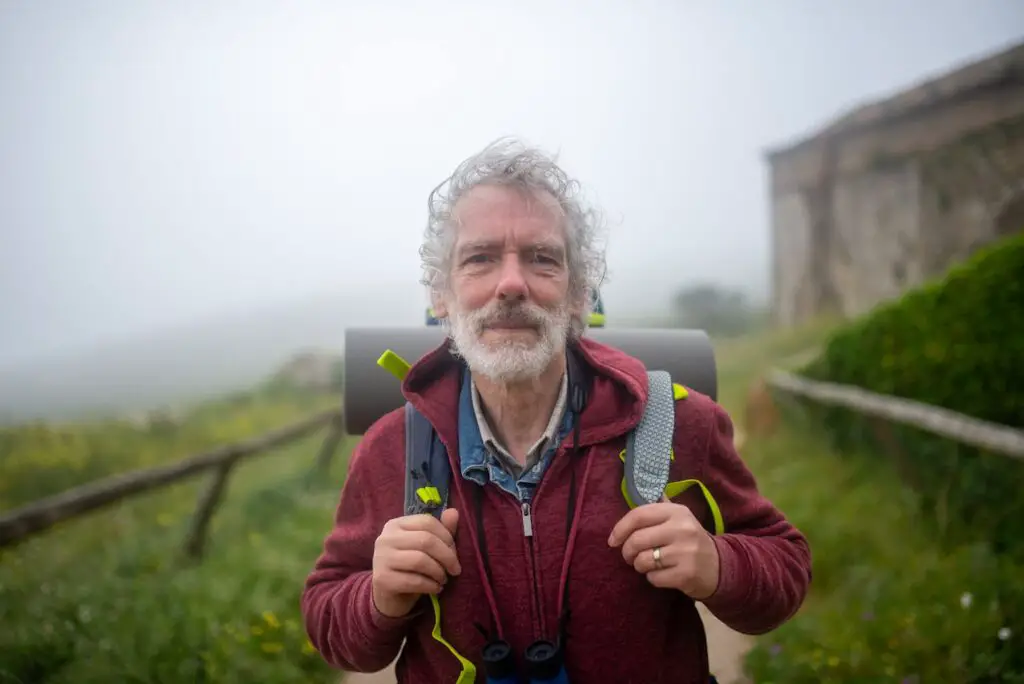
There’s a certain freedom in grabbing your passport and exploring the world solo. But solo international travel can bring new challenges as you age. Health conditions, mobility limitations, and dietary restrictions can make navigating airports, foreign transit systems, and language barriers much more stressful. You don’t have to scrap your travel dreams, though. Consider traveling with friends, family, or an organized tour group. You’ll gain peace of mind knowing help is available if you run into an unexpected situation—and you’ll still collect amazing memories.
7. High-Intensity Group Fitness Classes
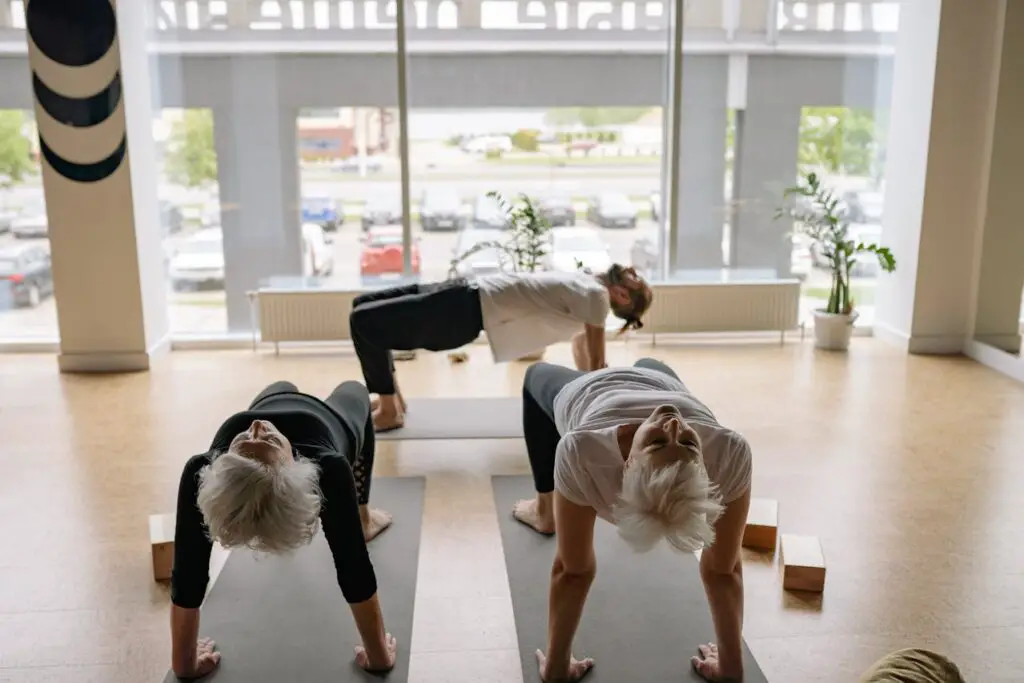
Remember step aerobics, Zumba, or even CrossFit? These classes are fun and energizing—but they’re often designed for younger bodies with quick recovery times. Fast-paced moves, high-impact jumps, and rapid direction changes can spell trouble for aging joints and increase the risk of injuries like strains or sprains. Don’t give up the group vibe altogether. Look for lower-impact classes like water aerobics, gentle yoga, or dance programs designed for older adults. You’ll still get a great workout, minus the joint pain.
8. Procrastinating on Health Screenings

Many boomers feel healthy and think, “Why bother with that colonoscopy or mammogram?” But regular health screenings become more important with every passing year. Catching potential problems early—like high cholesterol, cancer, or vision changes—means easier treatment and better outcomes. Skipping checkups because you feel fine is tempting, but it could let silent issues grow into serious health threats. Stay on schedule with recommended screenings, even if it’s not your favorite way to spend the afternoon. Prevention truly beats cure every time.
9. Eating Like You’re Still 25

Remember the days when you could polish off a cheeseburger, fries, and milkshake without a second thought? As metabolism slows down with age, those same eating habits can contribute to weight gain, high blood pressure, diabetes, or acid reflux. Many boomers keep eating the same portions and rich foods from their younger years, only to pay the price later. You don’t have to live on kale and quinoa—just be more mindful about portion sizes, sodium, and sugar. A few simple swaps can help you enjoy delicious meals while protecting your health.
10. Driving Long Distances Without Breaks
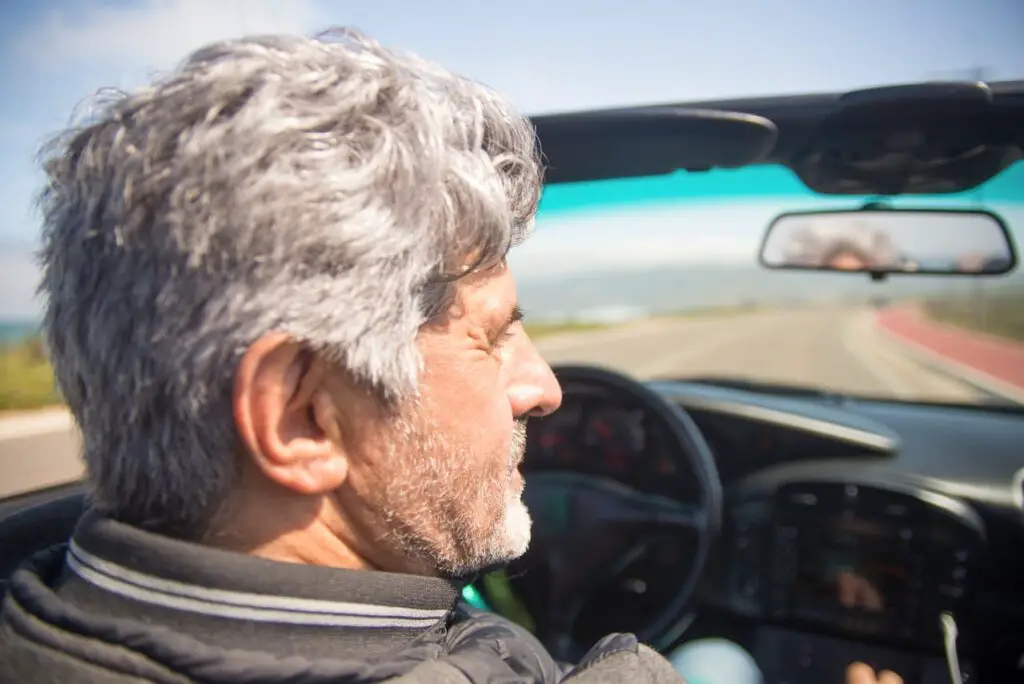
Boomers have a legendary love affair with the open road, but long-distance driving can become more challenging with age. Eyes tire faster, reflexes slow, and sitting for hours can lead to circulation problems or back pain. Nighttime driving also becomes trickier because of glare and reduced night vision. That doesn’t mean road trips are off the table—just plan more frequent breaks, avoid driving when you’re tired, and consider dividing long journeys into shorter legs. Safe travels are worth a few extra stops along the way.
Final Thoughts
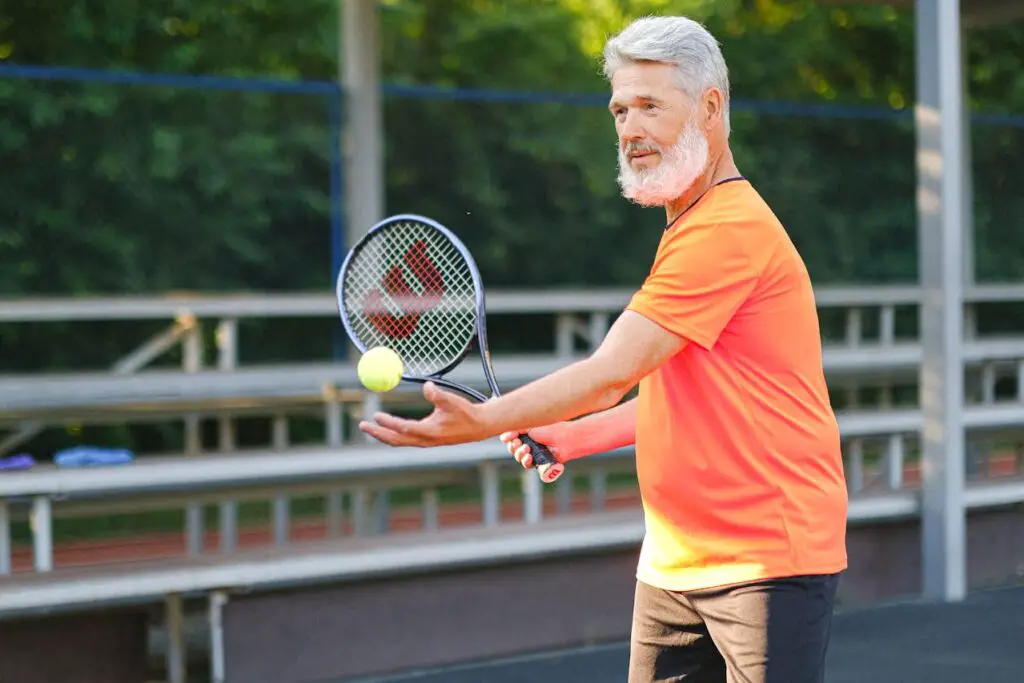
Here’s the thing about getting older: it’s not about limitation—it’s about adaptation. Boomers have never been the type to sit quietly on the sidelines. You’ve broken barriers, set trends, and shown the world how to live vibrantly at every age.
By being smart and making a few adjustments, you can keep enjoying the activities you love while protecting your health and well-being. Listen to your body, talk openly with your doctor, and keep exploring all the adventures that life has to offer. Your best years aren’t behind you—they’re happening right now, and the possibilities are endless.
Leave a Reply